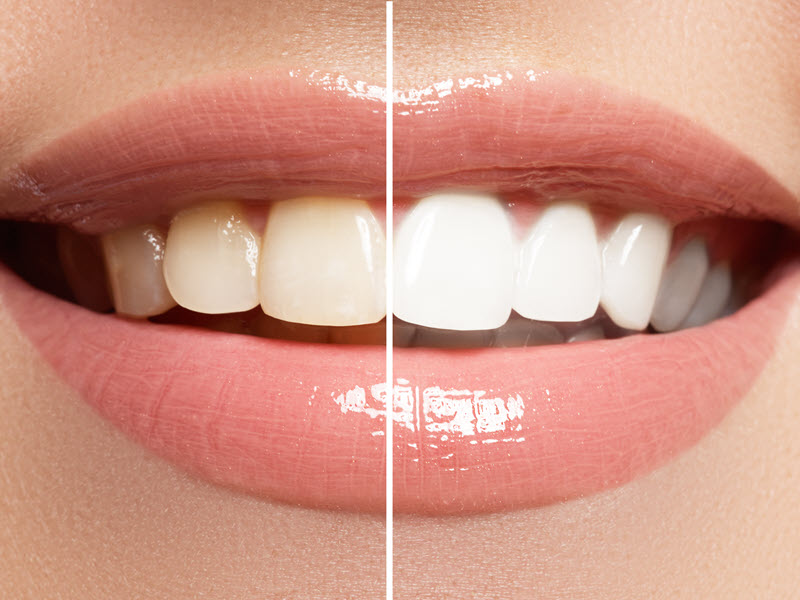What are Wisdom Teeth?
Wisdom teeth are the third and final set of molars that most people get in their late teens or early twenties. They are the last set of your natural teeth to emerge. Wisdom teeth usually come in behind the other teeth and can cause problems if there isn’t enough space for them to grow in properly.
Wisdom Tooth Removal Details
What Does it Mean When a Tooth Erupts?
When a tooth erupts, it is breaking through the gum line and becomes visible. For most of us, the eruption of most of our teeth goes relatively smoothly. By the time our wisdom teeth are ready to erupt, there oftentimes isn’t enough room for this final molar in our mouth. This results in the tooth erupting at a bad angle – or potentially not erupting at all.
What is an Impacted Wisdom Tooth?
Reasons for Wisdom Tooth Extraction
An impacted or partially erupted tooth may cause many different problems necessitating wisdom tooth removal.
Oral Hygiene Issues Leading to Larger Problems
This problem is exacerbated when wisdom teeth come in at odd angles and press directly up against neighboring teeth. This makes it extremely challenging to floss leading to teeth pain and damage to surrounding teeth. Inadequate flossing can lead to infection, gum disease, and tooth decay.
Impacted Teeth Causing Damage
Regular Checkups to Identify Wisdom Tooth Problems
For the best possible outcome with your wisdom teeth, make sure that you (or your children) are coming into our Fort Collins dental office for regular dental care services. Our dental practice provides a full range of preventive services including cleanings, exams, and x-rays. Children should start coming in for checkups as soon as they have teeth.
When Should You Get a CT-Scan for Wisdom Teeth Extraction?
A CT scan offers more information regarding the location of wisdom teeth as well as their closeness to nerves and sinuses. A CT Scan isn’t used by all dental practices for the examination of Wisdom Teeth, but we find that it gives us highly useful information about the structure of your mouth. This applies especially to our patients who have wisdom teeth that are extremely impacted – especially in cases where those impacted teeth may be very close to a sinus cavity, nerves, or even cysts that can cause problems.
Having this knowledge available prior to wisdom teeth removal allows for highly precise oral surgery and can prevent unwanted outcomes. As an example, irritation to the nerve that runs behind the lower wisdom teeth might cause numbness along the lip and chin region.
In most situations, this is a transient state that disappears gradually over the course of six to eight weeks. It may become more protracted or permanent in rare cases.
The CT-scan is being used increasingly frequently instead of or in conjunction with a panoramic X-ray since it is less expensive and emits much less radiation.
Wisdom Tooth Extraction Surgery
Wisdom Tooth Extraction Overview Video
For more information about wisdom teeth, check out this video below from the American Dental Association.
Wisdom Teeth Removal Overview Video from the ADA
Wisdom Tooth Extraction: Frequently Asked Questions
Why are they called Wisdom Teeth (or Third Molars)?
They are also called third molars because they are the third set of molars to erupt through your gums. The first set typically appears between ages 5 and 7. The second set of molars appears right around the onset of the teenage years. The final (third) set arrives during a person's late teens or early twenties. Historically, this final set arrives at an age associated with a person having "wisdom" - which is why they're called wisdom teeth.
How Many Teeth Are Removed During a Wisdom Tooth Extraction?
This will vary based on patient needs. In some instances, a wisdom teeth removal may involve all 4 wisdom teeth being extracted.
Other times, some wisdom teeth never develop and don't have to be removed at all.
In still other cases, a patient may be one or two wisdom teeth that can be allowed to erupt and function properly while others have to be removed.
What Can I Eat After a Wisdom Tooth Removal?
Our Fort Collins dentist will provide you with post-operation instructions based on your specific requirements and how you're feeling. Most people will generally wish to stick to mostly liquids and very soft foods for at least a week. Most patients are able to return to a mostly normal diet within about two weeks.
What is Dry Socket?
Dry socket is a condition that can occur after a wisdom tooth removal. It is when the blood clot which was protecting the wound from infection and healing properly is dislodged or dissolves prematurely. This can leave the bone and nerves of the jaw open to infection and significant tooth pain.
How Much Does Wisdom Tooth Extraction Cost?
Most dental insurance plans will provide at least partial coverage of wisdom teeth extractions. Some plans may even provide complete coverage.
Call our Fort Collins dentist office with your dental insurance plan details and we can tell you how much your provider will cover. We are experts with insurance and are happy to give you the information you need.















